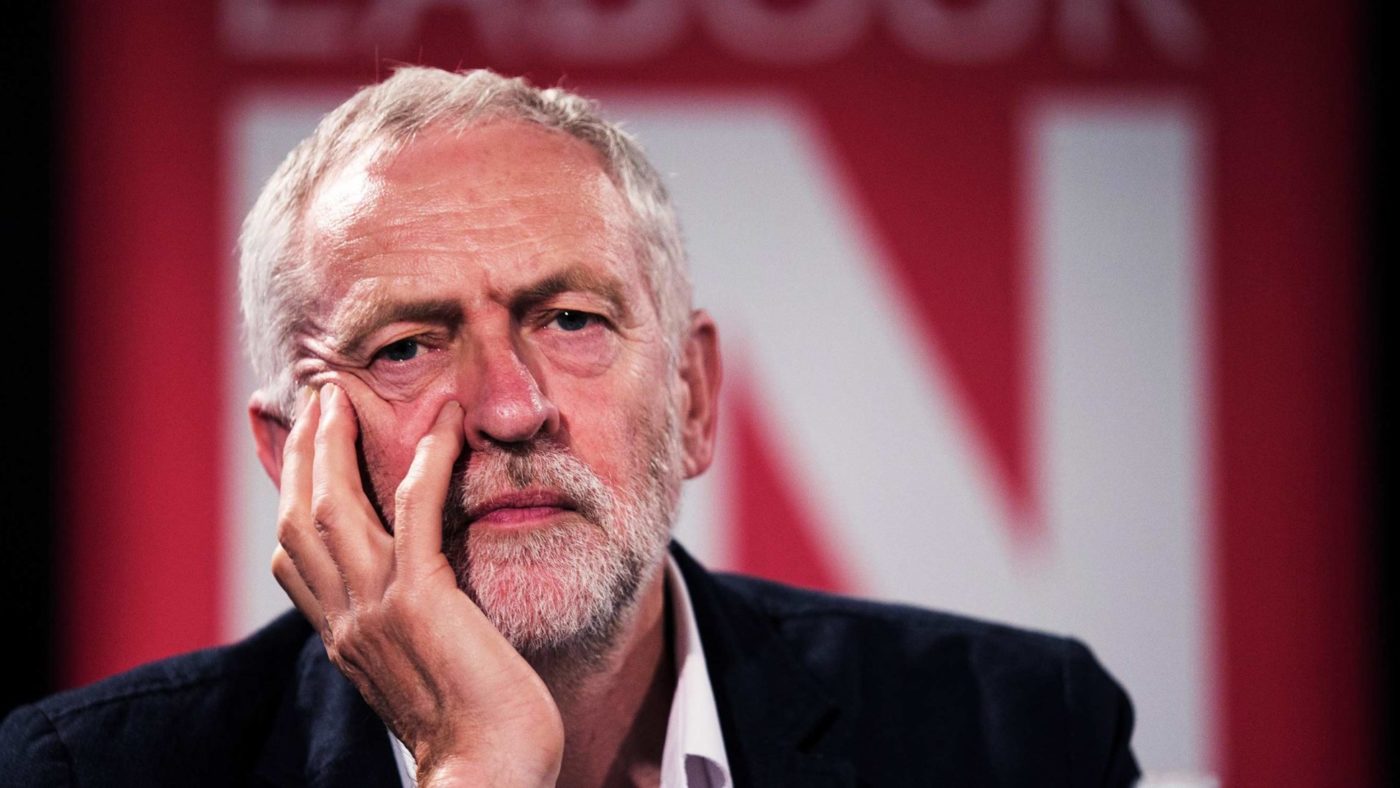To those of us familiar with Labour’s decision-making process, the Rorschach test seems to be the most appropriate simile.
Essentially, when delegates to the party’s conference meet to draw up “composite motions” – that is, Frankenstein motions cobbled together from the various parts of other similar motions that have been submitted by different organisations – their aim is not to provide conference with clarity about one policy or the other; it is the opposite.
So, like the Rorschach ink blot test, the viewer can see in a good composite motion whatever he or she wants to see. This is why the leadership went to such great lengths to produce the now famous composite motion on Brexit last September in Liverpool: it was imperative that all the options about the way forward, about how the party should react when and if the government produced its own Brexit plan, should leave the leadership as free a hand as possible to do whatever it pleased.
And that’s what conference duly delivered. At the time, most of the press and a few leading members of the Shadow Cabinet, not to mention the leaders of the “People’s Vote” campaign, got very excited about the prospect of the party formally supporting a second referendum on our EU membership if, as was expected, demands for a new general election were rebuffed. More devoted followers of Labour Party machinations would have drawn a rather wider interpretation of the motion that became policy, which included the phrase, “If we cannot get a general election, Labour must support all options remaining on the table, including campaigning for a public vote.”
In order to read this as an unalloyed victory for the Continuity Remain campaign, you must have only a passing familiarity with Labour conference and an even more cursory knowledge of the hard left that now controls the party. Yes, it is true that supporting a new referendum in order to overturn the 2016 result was an option for the party. But read those words again – “Labour must support all options remaining on the table”. So a second referendum is one of those options. But so is rejecting such a referendum. And so is accepting and even supporting Brexit. That’s what “all options” means.
Since that policy was formally adopted, Jeremy Corbyn has steadfastly stuck by it: he has ruled nothing in and nothing out. Naturally he wants to force an early general election – don’t all oppositions? But failing that, he still has the option to respect his party’s conference policy by not supporting a second referendum. He may not be the most capable and strategic leader Labour has ever had, but Corbyn has people working for him who know how to write composite motions and how to manipulate constituency delegates.
It is this deliberate ambiguity, of course, that is driving his Remain-supporting MPs and members to distraction. We are now in the absurd, virtually Pythonesque position where centrist, EU-supporting, anti-Corbyn MPs are demanding that he tables a motion of no-confidence in the government precisely because they believe it will fail. This, they hope, would put him under pressure to choose support for a second referendum as the only viable way forward.
Meanwhile Corbyn is resisting such pressure, because he knows his critics are right, that they would use such a scenario to force him to do something he really doesn’t want to do. Napoleon probably didn’t actually say “Never interrupt your opponent when he’s making a mistake”, which makes it all the easier for Corbyn’s supporters to quote the diminutive French imperialist.
But according to the polls, this smug refusal to become involved in the fierce debate about how, or if, Britain leaves the EU is not paying the electoral dividends Corbyn and Co perhaps expected. In the face of what must be judged, by any standard, the most chaotic and divided government in living memory, Labour still lags behind in most polls. After eight years in opposition.
Why can’t Corbyn just admit that he wants Brexit to happen, that he sees it as an opportunity for a future radical socialist government to reshape our society and economy without having to worry about interference from the “capitalist club” (as he sees it) in Brussels?
The answer is that even with half a million members who will tolerate him saying and doing literally anything – even going against their beloved second referendum – he is still nervous of his parliamentary party and the damage a split on this issue would do to his election prospects. He could modify his language, reiterate that he campaigned and voted Remain in 2016, but that as a democrat he wants to honour the result of the first (and only) referendum. This is a line he’s used in the past but less frequently of late.
The fact is that the extent of Jeremy Corbyn’s leadership on the most important political issue facing Britain in the post-war era has been confined to complicity in an obscurely and deliberately vaguely worded resolution at his annual conference. For student politicians and the rag tag band of hard leftists who surround him, this is seen as a crucial victory.
Corbyn has nothing but contempt for most of his predecessors as party leader, partly because of their tendency to make policy without reference to conference. But at least they led. His own version of leadership is to hide behind his membership, contrive to produce policy that gives him the freest hand possible, then refuse to use that same freedom.
If his supporters aren’t comfortable quoting Napoleon, perhaps that other right-wing sell-out and class traitor Nye Bevan can be called upon: “We know what happens to people who stay in the middle of the road – they get run down.”


